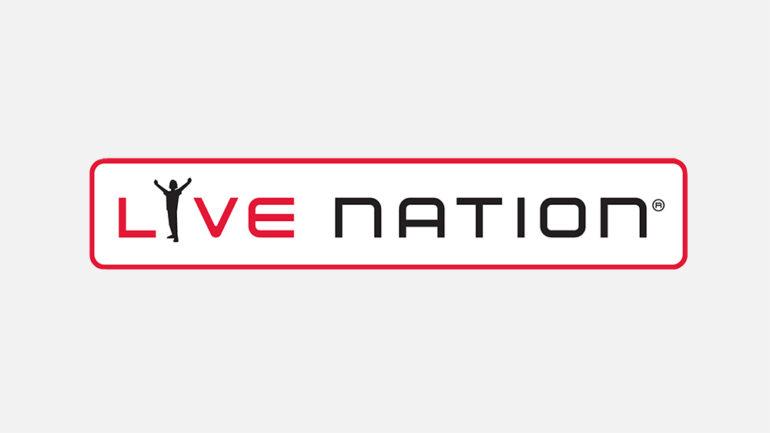Live Nation Confirms Placing Tickets Directly on Secondary Market at Artists’ Request
By Jem Aswad
LOS ANGELES (Variety.com) – Representatives for Live Nation, the world’s largest live-entertainment company and owner of Ticketmaster, confirmed that it bypassed conventional channels and directly placed thousands of concert tickets on the secondary market upon artists’ request, in an article published in Billboard .
In a statement shared with Variety, the company acknowledged that it has facilitated the transfer of concert tickets directly into the hands of resellers, although only at the request of the artists involved, and claimed that the practice is rarely used currently, due to the success of its programs intended to keep tickets near face value and off the secondary market.
For context, it is worth noting that selling tickets on the secondary market — also known as scalping — is legal in the U.S., that the above practice is long established and widespread in sports, and that artists essentially own the tickets to their shows.
At the center of the article is a recording of a February 2017 phone call between president of U.S. concerts Bob Roux and “little-known wealth adviser turned event promoter” regarding tickets for a Metallica tour. An associate of the band had assigned the promoter — Vaughn Millette, now chairman and CEO of Outback Presents — to sell some 88,000 tickets directly on secondary-market sites like StubHub, thus depriving fans of the opportunity to buy the tickets at face value through conventional channels.
According to the report, the move had to be done surreptitiously because Ticketmaster would not make such a move, with Roux suggesting that “either a Live Nation employee or a venue box office basically take these and sell them into a singular account,” a method commonly used to allot tickets to fan clubs or sponsors. The tickets would then be listed and sold on secondary-market sites.
Millette sent the recording of the call, which apparently had been taped legally although without Roux’s knowledge, to Live Nation executives late last month.
In its statement, the company said: “Live Nation does not have a practice of placing tickets on the secondary market. Our standard practice is to use Ticketmaster’s Platinum, VIP and other tools to help tours price closer to true market value. In this situation, a consultant for the band opted to use the secondary market to try to capture that value.
“In 2016, performed a single show in Minneapolis at which more than 10,000 tickets were transacted on the secondary market without the band’s participation. After seeing the volume of secondary transactions for that show and the benefit being captured by brokers, the independent consultant worked with Live Nation on a unique distribution strategy that used the secondary market as a sales distribution channel for select high-end tickets.”
While this practice — which is essentially collusion between promoters and/or artist representatives and the secondary market to sell tickets directly on resale sites — has long been an open secret in the live-entertainment industry, this may be the first evidence of it being done on a major scale.
Understandably, promoters and artist representatives have long bewailed the enormous profits being made on the secondary market, which takes none of the risk and puts up none of the funding — and shares none of its profits — for major live events. The situation presents a catch-22 for artists, who appear greedy if they price tickets close to market value — as the Rolling Stones have done for many years — thus squeezing the profit margin on the resale sites. But few artists can afford such a move.
Between 2016 and 2017, “about a dozen artists out of the thousands we work with asked us to do this,” Live Nation said in a statement to Billboard. According to its 2018 year-end report , Live Nation produced some 30,000 concerts last year and Ticketmaster sold managed over 400,000 events and delivered almost 500 million tickets in 28 countries.
According to the article, the consultant in question was Metallica associate Tony DiCioccio, who a rep said worked with the group as a ticketing consultant. A rep for Q Prime, Metallica’s longtime managers, told Billboard that the band members themselves were not aware at the time that DiCioccio had made a deal with Millette and Live Nation; reps for the band did not immediately respond to Variety’s request for comment.
A source familiar with the deal reportedly told Billboard the parties agreed that Metallica would get 40% of the resale revenue, Live Nation 40%, DiCioccio 12% and Millette 8%, though another source said Live Nation’s share was lower.
However, Millette spent more than six months trying to sell the tickets and ultimately lost money, sources said, even though the tour grossed more than $100 million that year.

